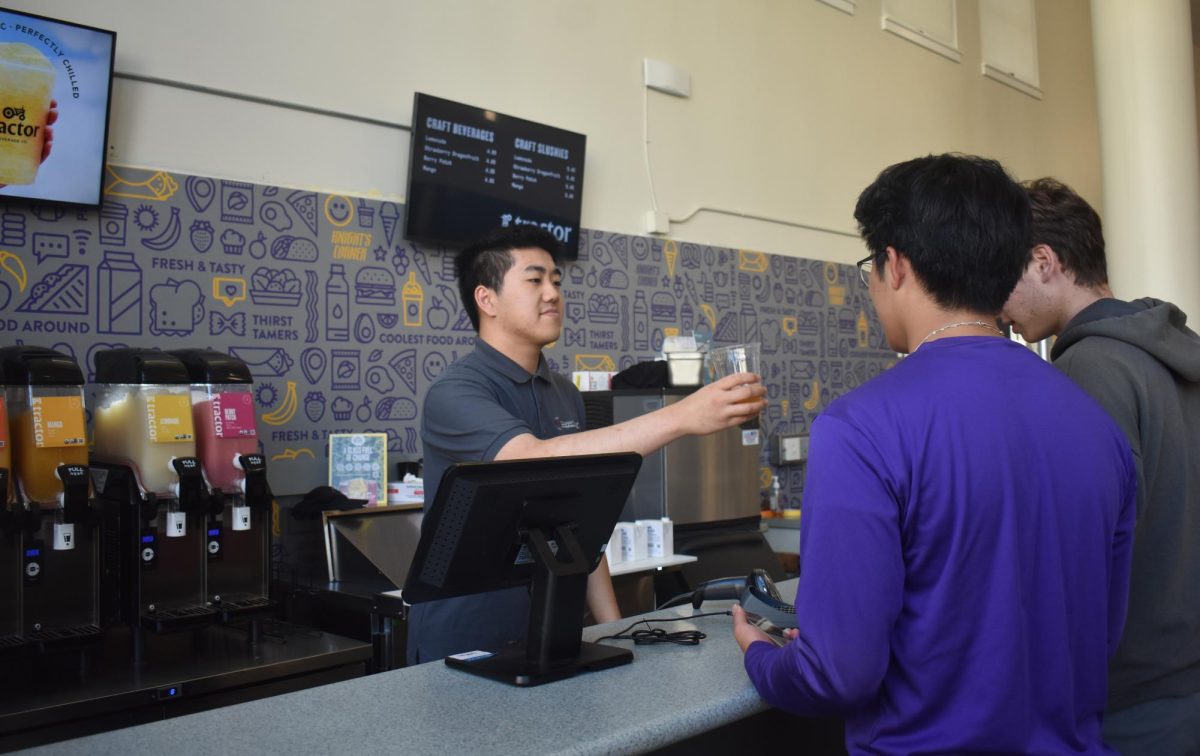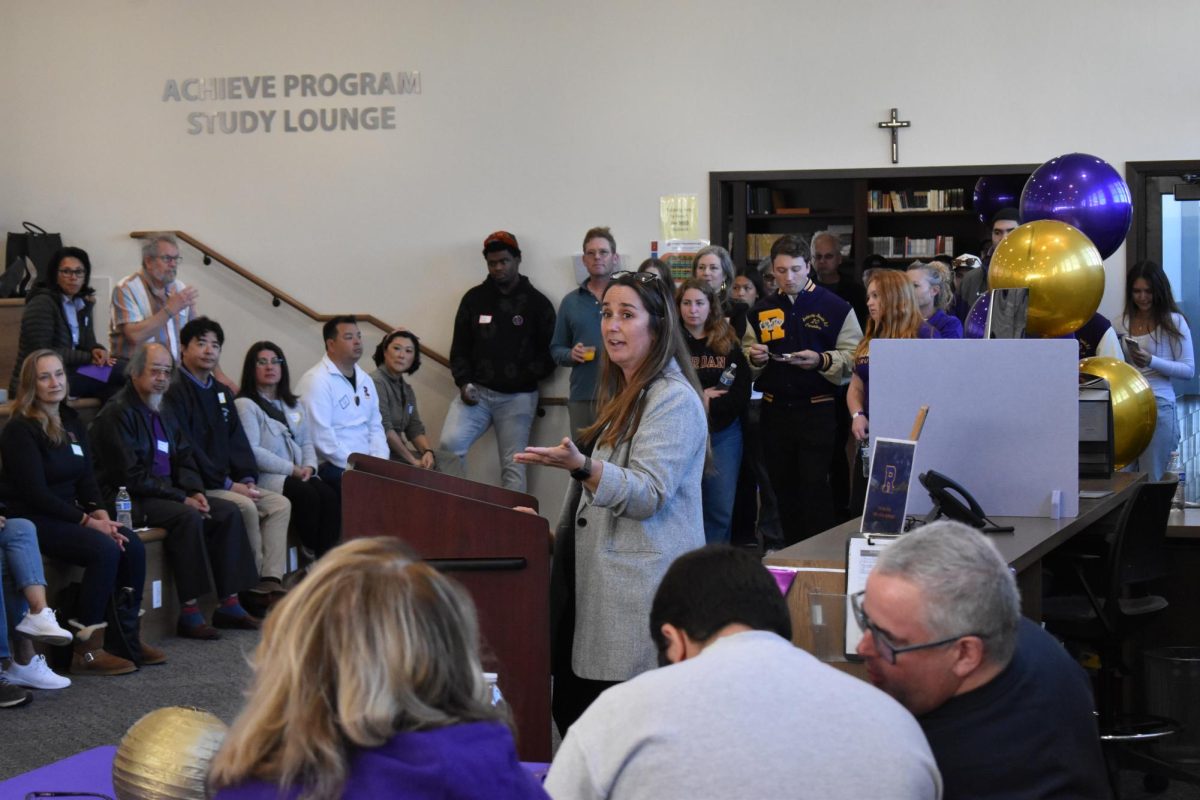This year, Riordan welcomed a new catering company called CulinArt.
Established in 1969 by CEO Joseph H. Pacifico, CulinArt has since cemented its standing in the food industry with locations in more than 250 areas. Other than cafés and concessions, CulinArt has a history of serving day and boarding schools throughout the country.
Manager of CulinArt, Will Heaney, described the company as, “Never a cookie-cutter, and always an innovator, we pride ourselves on the passion of our people, our staunch commitment to wholesome, nutritious meal preparation, our stringent sanitation and food safety programs, and our dedication to serving the students of these schools well, each and every time they sit down to eat.”
In each lunch, significant consideration is given. All dishes follow a Webtrition program that is reviewed by a culinary and dietician team. In addition, executive chef, Peter Brightman, prepares the menu weeks in advance for students— accounting for different tastes and appetites.
Contrasting to past years, a multitude of new dishes are available to students such as curry and noodles.
A majority of those who have been consistently buying school lunches have a higher opinion of the new change.
Kai Murguz ’25 stated, “I think the new cafeteria food is definitely an improvement, not only in what is being served and the quality of it.”
Others with more dietary restrictions feel frustrated by the lack of choices.
Nick Nye ’25, who is a vegetarian, commented, “The only option they have for me are steamed vegetables, on request.”
In response, CulinArt placed signs stating that students can request vegetarian dishes.
Angela Jia ’25, who also doesn’t eat chicken, beef or pork, concurs about the steamed vegetables.
“Sometimes they’ll have white rice in there, but either way it’s rather plain. It would be nice if they could throw in some tofu with sauce.”
Both students conclude that requests of alternatives are met with the kindness of the workers.
However, the lack of diverse menus still poses issues for students who don’t eat meat for health, ethical or religious reasons.
All things considered, many find the effort of fulfilling the needs of students commendable, and look forward to more changes in the future.






